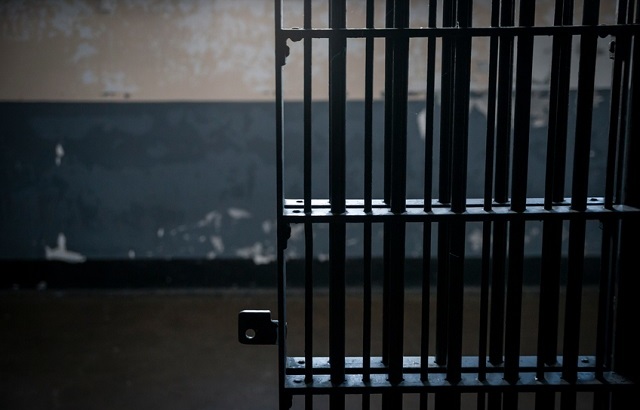The Supreme Court of New South Wales sentenced Michael Issakidis to 10 years and three months in jail on 28 March for his involvement in the tax fraud case.
Issakidis and his co-conspirator, former Ernst & Young employee Anthony Dickson, were found guilty of “absorbing A$450m of otherwise assessible income through falsely created losses overseas to evade A$135m in corporate tax”.
In the process, they netted themselves A$63m in fees to “fund their lavish lifestyles”.
Dickson was sentenced to 11 years in jail in 2015, however this was later increased to 14 years on appeal. His sentence marked the longest ever jail term for tax fraud or money laundering in Australia’s history.
The scam
Australia’s tax commissioner, Chris Jordan, said the pair created a web of false identities to aid their deception.
“[They] siphoned money through the UK, Hong Kong and the UAE via fake domestic and international companies to fund their lavish lifestyles, netting them approximately A$63m,” Jordan said.
He said the case is a warning to other fraudsters behind “complex” tax avoidance scams.
“While the scheme was incredibly complex – involving the worldwide movement of funds – this didn’t mean it couldn’t be detected.
“Parties who pursue dishonest and fraudulent behaviour, including the use of abusive trust arrangements and the guise of commercially justified business transactions are on notice that we will use all our available powers, including partnering with law enforcement agencies, to bring them to justice,” he said.
Joint forces
The investigation was carried out by a Australia’s Serious Financial Crime Taskforce, which involves members from the Australian Taxation Office (ATO) and the Australian Federal Police (AFP).
Leanne Close, deputy commissioner of operations at the AFP, said the successful investigation was a “testament to the tenacity, dedication and collaboration” of all parties involved.
“The AFP-led Criminal Assets Confiscation Taskforce restrained more than A$54m in assets under Commonwealth Proceeds of Crime Legislation, including real estate, a number of luxury cars, and yachts,” Close said.
This was the first time the AFP were able to seize assets through legislation that came into force in 2012, Close said.








